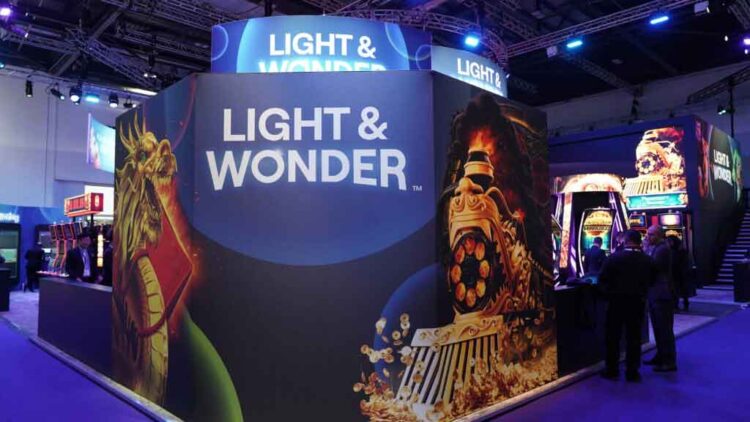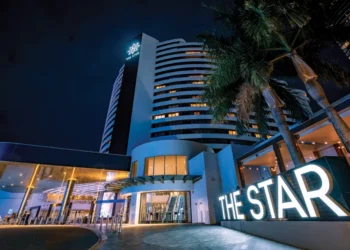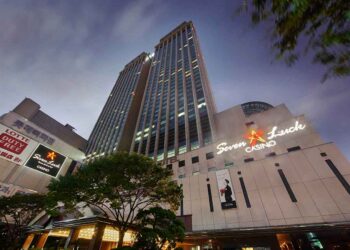Leading gaming supplier Light & Wonder says it anticipates suffering some negative impact from the removal and replacement of the Dragon Train series during the current quarter but expects a “return to normal” in 2025.
The company provided an update on Dragon Train in its 3Q23 results announcement on Wednesday, revealing it has now either successfully replaced or converted 95% of its 2,200 installed units across North America with other games. It also reiterated an earlier estimate that Dragon Train would have contributed less than 5% of its 2025 consolidated Adjusted EBITDA target of US$1.4 billion.
Light & Wonder was in September ordered to halt “any continued or planned sale, leasing, or other commercialization of Dragon Train” under a preliminary injunction granted to industry rival Aristocrat by the U.S. District Court for the District of Nevada. Aristocrat had in March filed a suit alleging that “Dragon Train” bears an uncanny similarity to its own “Dragon Link” series and accusing Light & Wonder of misappropriating Aristocrat’s intellectual property, imitating copyrighted audio-visual elements, copying game mechanics and gameplay, copyright infringement and deceptive trade practices. The lawsuit also questioned the significant number of former Aristocrat executives in senior leadership roles at Light & Wonder and specifically the role played by two former Aristocrat designers who worked on “Dragon Link” and were said to have also led the development of “Dragon Train”.
Light & Wonder CEO Matt Wilson later confirmed via a video statement on the eve of G2E that the company was actively removing the game from floors across the US.
Further details of this process were outlined during Light & Wonder’s 3Q24 earnings call on Wednesday, with Truist Securities observing via a subsequent research note that the 95% replacement figure suggests that around 100 units were removed altogether.
Light & Wonder also revealed that it has shifted its pipeline in Australia, where Dragon Train had enjoyed robust sales, to new games such as Shenlong Unleashed, although the company remains the top ship share provider in the country.
“Management noted the removal of Dragon Train units will have some impact on Q4 (minimal impact on Q3 given timing), including modest conversion costs, a slight impact to RPD (revenue per day) and North America install base and some higher corporate costs given legal expenses,” wrote Truist Securities analyst Barry Jonas, although he sees plenty of pipeline to fill the void ahead of the return of a remodelled Dragon Train series.
“Net-net, management reiterated Dragon Train was one out of 130 games Light & Wonder makes every year and continues to feel strongly about the company’s continued growth trajectory.
“Behind the scenes, Light & Wonder expects Dragon Train 2.0 to enter the portfolio ‘in short order’.”


































